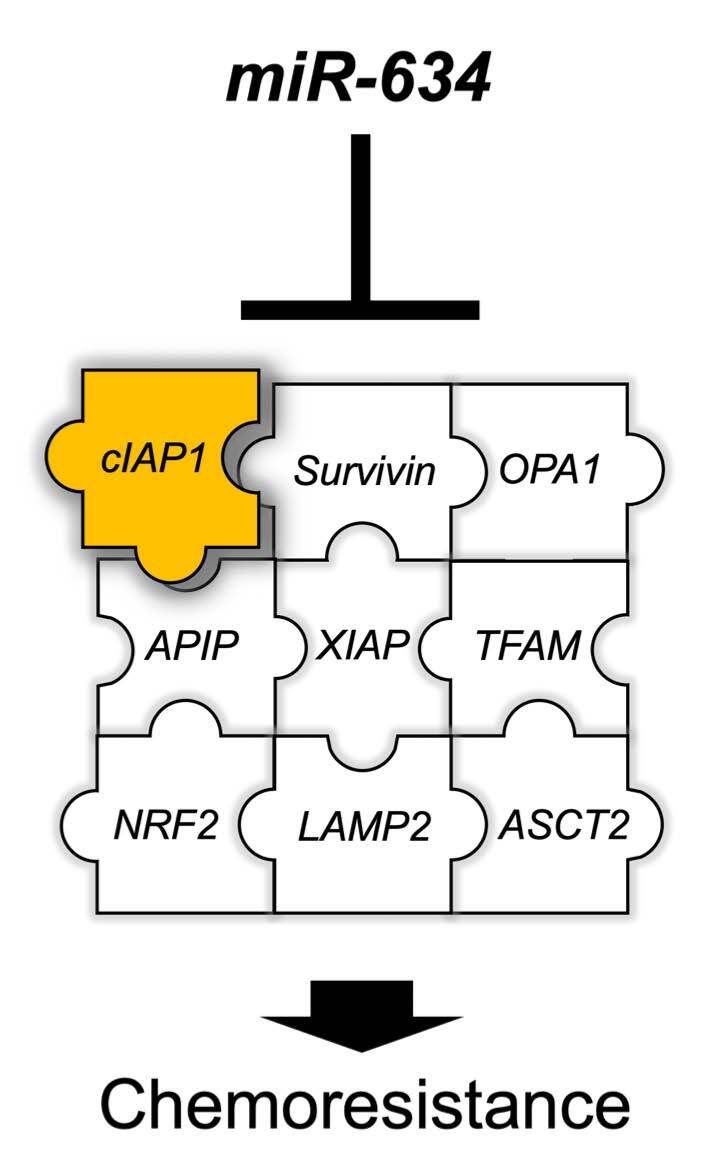Anti-cancer dream cream shrinks oral tumors
Tokyo, Japan - Modern medicine offers “peel and stick” solutions like nicotine or contraceptive patches that you can put right on your skin without needing to visit a doctor for an injection or procedure. Now, researchers have found that applying a topical ointment containing anti-tumor factor can increase the effectiveness of cancer treatment.
In a study that will be published soon in Molecular Therapy Oncolytics, researchers from Tokyo Medical and Dental University (TMDU) reveal that treating oral cancer cells with miR-634, a microRNA that targets pro-tumor factors, can increase the effectiveness of treatment with cisplatin.
Over 90% of cases of oral cancer are a type of cancer called oral squamous cell carcinoma (OSCC). While OSCC can be treated with chemotherapy and radiation, many patients develop resistance to cisplatin, the main drug used to treat it.
“We recently found that miR-634 counteracts some cell-protective processes, such as anti-apoptotic signaling and antioxidant scavenging, that are activated in cancer cells that are resistant to cisplatin,” says Phuong Xuan Tran, lead author on the study. “This suggests that increasing the amount of this small molecule in cells could increase their sensitivity to this drug.”
To test whether miR-634 can help increase tumor sensitivity to cisplatin, the researchers treated two different OSCC cell lines with both the miRNA and the drug and looked at how many of the cells survived.
“The results were very clear,” states Johji Inazawa, senior author of the study. “Treatment with miR-634 effectively increased cisplatin-induced cytotoxicity and overcame cisplatin resistance in OSCC cells, resulting in increased tumor cell killing.”
To confirm these results, the researchers then tested the treatment combination in mice with experimental tumors. When the mice were injected with cisplatin and an miR-634 ointment was applied to the tumors, the tumors shrank rapidly.
“Our findings suggest that miR-634-mediated repression of pro-tumor factors can effectively increase the sensitivity of OSCC to existing chemotherapeutic options such as cisplatin,” says Tran.
Taken together, the results from this study suggest that miR-634 ointment could be useful for enhancing the effects of chemotherapy in patients with advanced OSCC. Given that the synergistic effects of miR-634 and cisplatin were also seen in esophageal squamous cell carcinoma, bladder cancer, and ovarian cancer cell lines, this treatment combination may also be effective across a variety of cancer types.

###
The article, “Therapeutic potential for reversing miR-634-mediated cytoprotective processes to improve the efficacy of chemotherapy against oral squamous cell carcinoma,” will be published soon in Molecular Therapy Oncolytics.
Summary
Journal Article
TITLE:Potential for reversing miR-634-mediated cytoprotective processes to improve efficacy of chemotherapy against oral squamous cell carcinoma
DOI:https://doi.org/10.1016/j.omto.2022.02.002
Correspondence to
Johji INAZAWA,Professor
Jun INOUE,Associate Professor
Department of Molecular Cytogenetics,
Medical Research Institute,
Tokyo Medical and Dental University (TMDU)
E-mail:johinaz.cgen(at)mri.tmd.ac.jp
jun.cgen(at)mri.tmd.ac.jp
*Please change (at) in e-mail addresses to @ on sending your e-mail to contact personnels.

